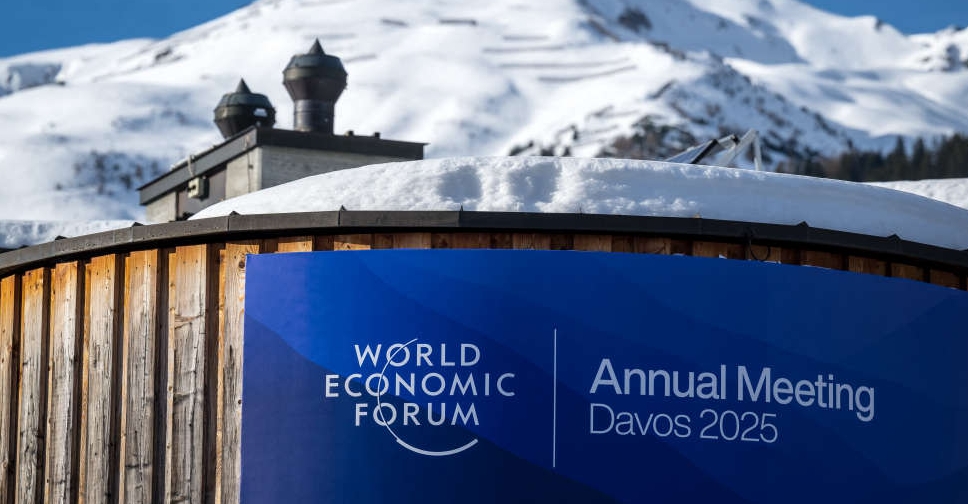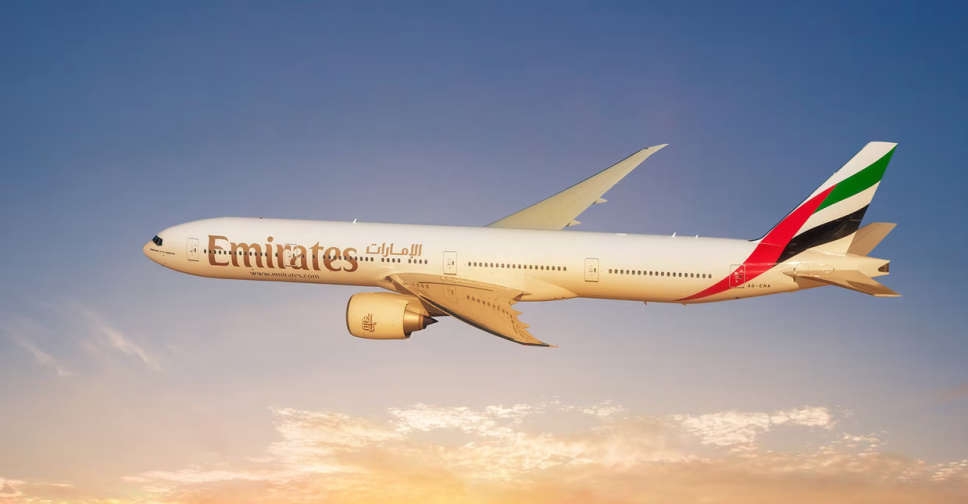
Negotiators at the World Trade Organisation’s ministerial conference in Nairobi agreed to end direct export subsidies on farm produce even as 14 year-old talks on trade development remain unresolved. Developed countries will immediately eliminate export-subsidy entitlements while developing nations must end direct support by the end of 2018, according to the ministerial declaration accepted on Saturday in the Kenyan capital. Talks at the trade body’s first ministerial conference on the African continent ran more than 24 hours past its self-imposed deadline. “The decision you have taken today on export competition is truly extraordinary,” WTO Director General Roberto Azevedo said at the closing session of the conference. “It is the WTO’s most significant outcome on agriculture.” The declaration gives developing countries the right to use a special safeguard mechanism that allows them to raise tariffs temporarily to deal with a surge in imports or falling prices. It will also make it easier for so-called least-developed countries to benefit from preferential market access for their goods. “Our work to secure a global ban on export subsidies will help level the playing field for American farmers and ranchers,” U.S. Trade Representative Michael Froman said in an e-mailed statement. “The WTO’s actions in this area will put an end to some of the most trade-distorting subsidies in existence.” There was no consensus in the final declaration on the future of the Doha talks, named after the Qatari capital in which they started in 2001 with the aim of adding billions of dollars to global trade by stimulating cross-border commerce. Negotiations on the trade-development talks have been stuck since 2009 because of differences between wealthy and poor nations, chiefly over subsidized farming in the developed world. “We recognize that many members reaffirm the Doha Development Agenda, and the declarations and decisions adopted at Doha and at the ministerial conferences held since then, and reaffirm their full commitment to conclude the DDA on that basis,” the ministerial declaration said. “Other members do not reaffirm the Doha mandates, as they believe new approaches are necessary to achieve meaningful outcomes in multilateral negotiations.” Agricultural subsidies in the rich world have been a key stumbling block in trade talks over 15 years. Trade leaders agreed to end cotton subsidies in developed countries immediately and in developing countries by the start of 2017. African producers threatened earlier to open a case under the WTO’s dispute-settlement mechanism as early as January, in the event rich nations don’t significantly reduce or eliminate trade-distorting support to their farmers. The outcome is “better than I expected, it does something for cotton, it does something for export competition,” Andrew Crosby, managing director for operations and strategy at the Geneva-based International Centre for Trade and Sustainable Development, said in an interview in Nairobi. “It does some things that are important, but they are agreeing to disagree on Doha.” Negotiators are leaving Nairobi without the required two-thirds majority of members needed to ratify the compromise Trade Facilitation Agreement, a deal mooted in Bali at the body’s ministerial gathering two years ago that seeks to improve customs procedures for goods from least-developed countries. This could increase merchandise exports by as much as $1 trillion a year, according to the WTO. Six countries assented to the accord this week, bringing the total to 63 out of the required 108. Earlier in the week, trade leaders announced the expansion of the Information Technology Agreement, which will cut tariffs on $1.3 trillion of IT products. A proposal to explore ending subsidies that lead to over-fishing in parts of the world wasn’t contained in the final declaration. (Rene Vollgraaff and David Malingha Doya/ Bloomberg)


 Netflix shares jump as subscribers surge
Netflix shares jump as subscribers surge
 Economy Minister highlights UAE's business ecosystem at Davos 2025
Economy Minister highlights UAE's business ecosystem at Davos 2025
 ADNOC Distribution expands service station solar power project
ADNOC Distribution expands service station solar power project
 Emirates cancels Houston flights due to severe weather
Emirates cancels Houston flights due to severe weather
